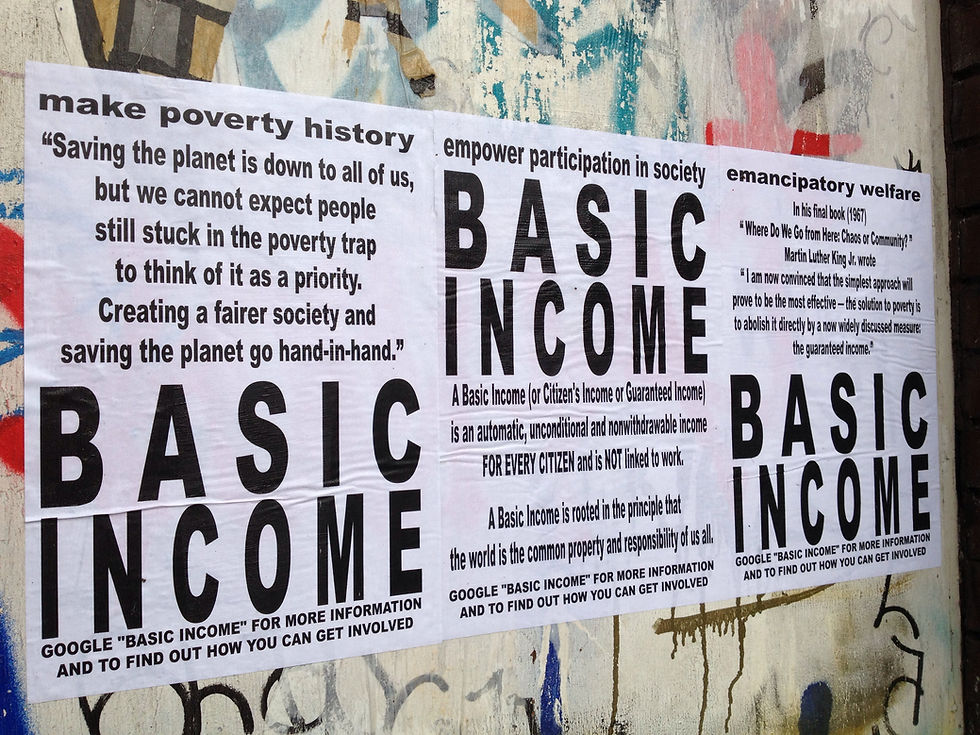Hungary Becomes Autocratic
- Elizabeth Bratton

- Apr 2, 2020
- 4 min read
Updated: Dec 22, 2024
Elizabeth Bratton explores the emergency coronavirus measures taken by Viktor Orbán, the prime minister of Hungary, and discusses the potential effects they may have on democracy and freedom of press. This article also describes the responses from various different governments, focusing on how different nations have reacted.
On the 11th of March, prime minister Viktor Orbán declared a state of emergency, as a result of the coronavirus pandemic. This decision would lead to the sealing of borders, school shutdowns, and eateries being forced to close at 3pm. However, according to the country’s constitution, such a state can only be enforced for 15 days, before parliament has to vote on extending it further.
On Friday, Judit Varga, Orbán’s justice minister, proposed a bill, encouraging other parties to prolong emergency responses for as long as the government deemed appropriate. This would lead to the indefinite cancellation of elections and referendums, and potentially infringe upon freedom of press. Deemed the “omnipotence law” by opponents, many are apprehensive about the lack of a sunset clause.
According to the UK Parliament website, a sunset clause is “A provision in a Bill that gives it an expiry date once it is passed into law. Sunset clauses are included in legislation when it is felt that Parliament should have the chance to decide on its merits again after a fixed period."
Ultimately, the Hungarian government has not provided a date as to when these emergency measures are to cease. This effectively means nobody can be sure as to when the next election will be held - if at all. Despite these concerns, the legislation was passed, with 137 MPs in favour, and 53 against.
Some are sceptical as to the necessity of these measures due to the apparently low death toll, while others claim that Orbán has used the pandemic to his advantage, creating an opportunity to assume ultimate authority. András Bíró-Nagy, the director of Policy Solutions, a “progressive political research institute”, explains how the prime minister is “using this crisis to further increase his power”, as he “enjoys the situation where he can act as a captain in a crisis”. Bíró-Nagy emphasised that Orbán is still making use of the emergency powers allocated to him in 2016, amidst the refugee crisis, despite the fact borders are completely closed to asylum seekers.
Many are also concerned about what the emergency coronavirus bill means for the Hungarian media, as it states “if somebody publishes fake news or distorted facts, which can cause confusion or turmoil, he/she could be punished with up to five years in prison”. Recently, authorities have made several arrests in response to “fake news” regarding the number of COVID-19 cases in the country. There have been 525 reported cases of the virus, and 16 deaths, although there are some that claim these statistics are significantly higher. Miklos Hargitai, president of the Association of Hungarian Journalists, explains his worries, as “the media in Hungary has been underprivileged and oppressed for years”. Hungary is the first, and only, EU country to only be considered “partly free” by Freedom House. It scored 27/40 in terms of political freedom, and 43/60 regarding civil liberties. It also currently ranks 87th in the World Press Freedom Index.

President of the European Commission, Ursula von der Leyen, issued a statement on Tuesday, explaining: “These emergency measures have to be limited to what is necessary, they have to be strictly proportionate because they have to be adequate in this situation, they should not last indefinitely and, very importantly, they should be subject to regular scrutiny.” Although, Hungary was not explicitly mentioned. However, the Americans took a more direct approach to the matter, Eliot L Engel, chairman of the US House of Representatives’ foreign affairs committee, described the move as “a blatant power grab in the face of the worst global health crisis” and “a serious affront to democracy”. The Italian prime minister even suggested Hungary should have their EU membership revoked.
On Wednesday the 1st of April, a statement, regarding responses to the virus, was issued by a collective number of nations. These countries were: Belgium, Denmark, Estonia, Finland, France, Germany, Greece, Ireland, Italy, Latvia, Lithuania, Luxembourg, the Netherlands, Portugal, Spain, and Sweden. It began by explaining that members of the European Union should be adopting “extraordinary measures to protect their citizens and overcome the crisis”, but proceeded to express concern about the “risk of violations of the principles of rule of law, democracy and fundamental rights” as a result of certain governments’ methods. The consensus of the letter was: “Emergency measures should be limited to what is strictly necessary”, describing how regulations should be regularly reviewed, temporary, and respectful of expression and press freedom. Again, however, there was no specific mention of Hungary or the punishment that may be issued for infringing such guidelines, as some assume the EU will not prioritise this matter while the virus is rife.
Orbán has defended his stance on the matter, arguing that such extreme measures are essential in the fight against the pandemic. However, many are sceptical as to whether this legislation will be reversed, once the virus subsides.
Bibliography:
#journalism #hungary #breakingnews #politics #currentaffairs #coronavirus #covid19 #news #politicians #press #media #freedomofpress #equality #freedom #teenjournalism

_edited.png)



Nothing wrong with an Autocracy.